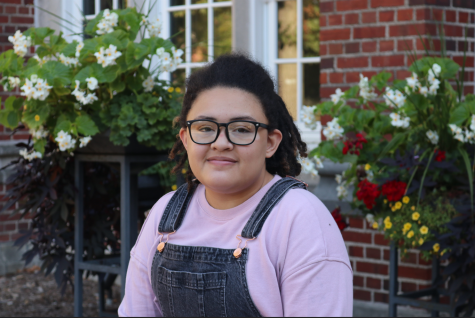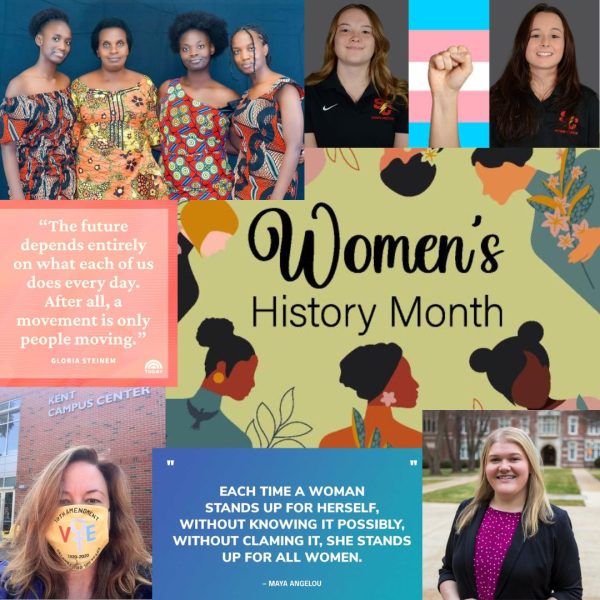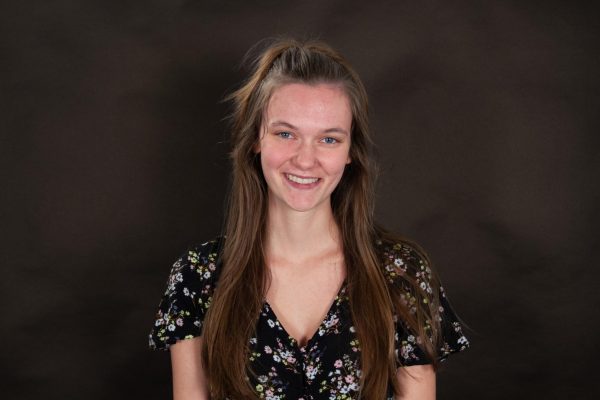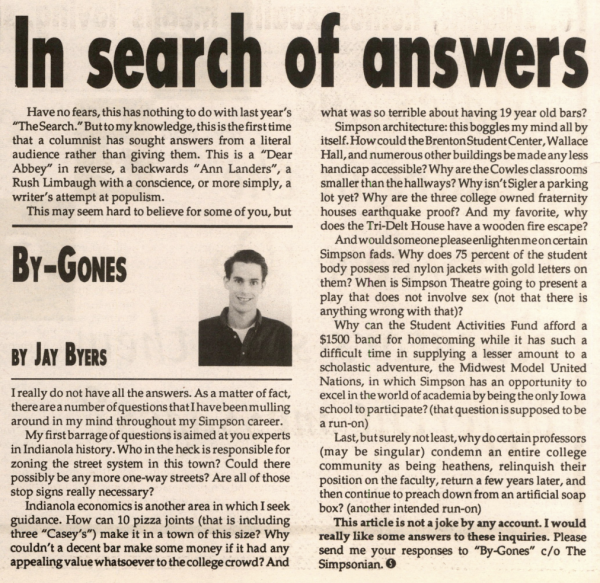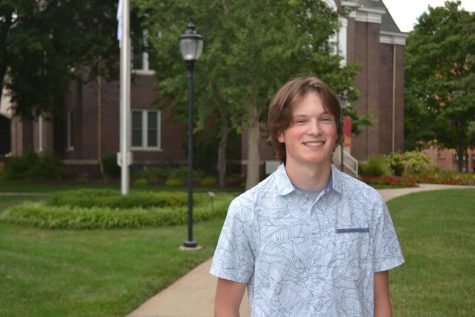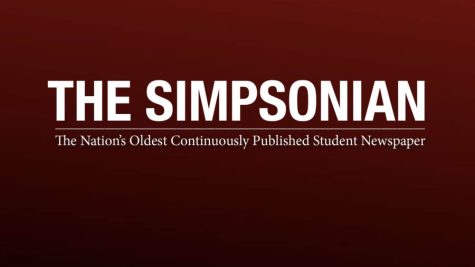Top three quotes heard at the National College Media Convention
November 6, 2019
Nineteen Simpsonian staff members went to Washington, D.C. to attend the National College Media Convention to network and learn from professionals how to better themselves as journalists from Oct. 31 through Nov. 3.
I was one of the staff members who went, and I learned quite a bit about journalism in the process. While every session I attended was a worthwhile experience, there were three sessions that stood out the most. Each session provided a respective piece of advice emphasizing journalism’s role as a news source, how to effectively use data in stories and how to parse out what stories to tell.
“Let other people do the name-calling. Let us do the fact-finding.” – The Washington Post executive editor Marty Baron
Fake news. Enemy of the American people. Journalists are hardly strangers to name-calling. When your job involves making your work available for others to read, you’re bound to get those who don’t like what you publish. For some, dislike can only be expressed through insults. It can be overwhelming, and it can be easy to get caught up in it. But at the end of the day, we as journalists have a job to do: find the facts and report it to the public. Name-calling can’t distract from that.
“People, not numbers, make the story.”
— NPR data journalist Sean McMinn
It’s a journalist’s job to get the facts, which typically requires getting data to back up those facts. But there are certain nuances to stories that hard data alone can’t convey. For example, data alone can’t portray how a natural disaster affects the people impacted, but interviewing those people can. Not only is it the job of journalists to report the facts, but it is crucial to report the experiences of the people involved. It adds a human element to the story providing faces instead of just numbers.
“There is a difference between the public interest and what will interest the public.”
— The Daily Eastern News adviser Professor Lola Burnham
Of all the places I thought journalism advice would come from, a session based on Harry Potter certainly wasn’t one of them. In the session, Burnham used infamous Daily Prophet reporter Rita Skeeter as a model for unethical reporting and journalistic misconduct. In the series, Skeeter prioritizes what will interest the public. For example, writing that Potter only claimed Lord Voldemort was back to get attention over what needs to be printed in the public’s interest, like the fact Voldemort’s influence was growing. In the Muggle world, the concept remains the same. Journalists need to strive for stories that will provide beneficial, crucial or relatable information to the public, rather than making up stories we think the public will want to read.
Going to the National College Media Convention was an unforgettable experience. It provided an opportunity to network with other student journalists, learn from professionals and explore a city I’d never been to. But the most beneficial experience, for me, was to receive these three pieces of advice. I feel more prepared to enter the world of journalism now than ever before.




